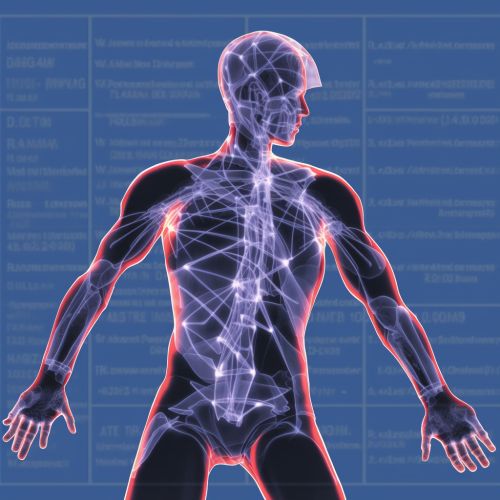Stress (biology)
Introduction
Stress, in biological terms, refers to the body's response to physical, mental, or emotional stimuli that disrupts the body's normal physiological state, or homeostasis. This response is a complex, dynamic process that involves a variety of biological systems, including the endocrine, nervous, and immune systems. Stress can be either acute, occurring in response to a single event, or chronic, occurring over a prolonged period of time.
Physiological Response to Stress
When an organism perceives a threat, the body initiates a series of physiological responses to help it cope with the stressor. This is often referred to as the "fight or flight" response. The primary hormones involved in this response are adrenaline (also known as epinephrine) and cortisol.


Adrenaline
Adrenaline is produced by the adrenal glands and is responsible for the immediate physical reactions associated with stress. These reactions include increased heart rate, elevated blood pressure, and enhanced energy production.
Cortisol
Cortisol, also produced by the adrenal glands, is released more slowly and helps to maintain fluid balance and blood pressure, while suppressing non-emergency bodily functions like the immune response and digestion.
Effects of Stress on the Body
Stress can have a wide range of effects on the body, depending on the nature and duration of the stressor, as well as the individual's physiological and psychological response to it.
Acute Stress
Acute stress can lead to immediate physical symptoms such as increased heart rate, rapid breathing, and an increase in blood pressure. It can also lead to psychological symptoms such as feelings of anxiety and fear.
Chronic Stress
Chronic stress, if not managed effectively, can lead to long-term health problems. These can include cardiovascular disease, gastrointestinal problems, mental health disorders such as depression and anxiety, and a weakened immune system.
Stress Management
Effective stress management is crucial in mitigating the negative effects of stress on the body. Techniques for managing stress can vary widely, and may include lifestyle changes, psychological therapies, and medication.
Lifestyle Changes
Lifestyle changes can include regular exercise, a healthy diet, adequate sleep, and avoidance of alcohol, caffeine, and nicotine. These changes can help to improve the body's physiological response to stress and enhance overall wellbeing.
Psychological Therapies
Psychological therapies, such as cognitive behavioral therapy (CBT) and mindfulness, can help individuals to develop effective coping strategies for dealing with stress. These therapies can help to reduce feelings of anxiety and depression, improve sleep, and improve overall quality of life.
Medication
In some cases, medication may be required to help manage the symptoms of stress. This can include antidepressants, anti-anxiety drugs, and beta-blockers.
